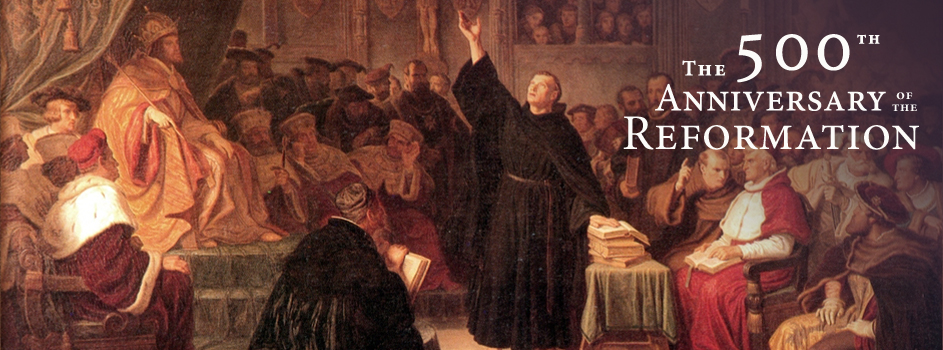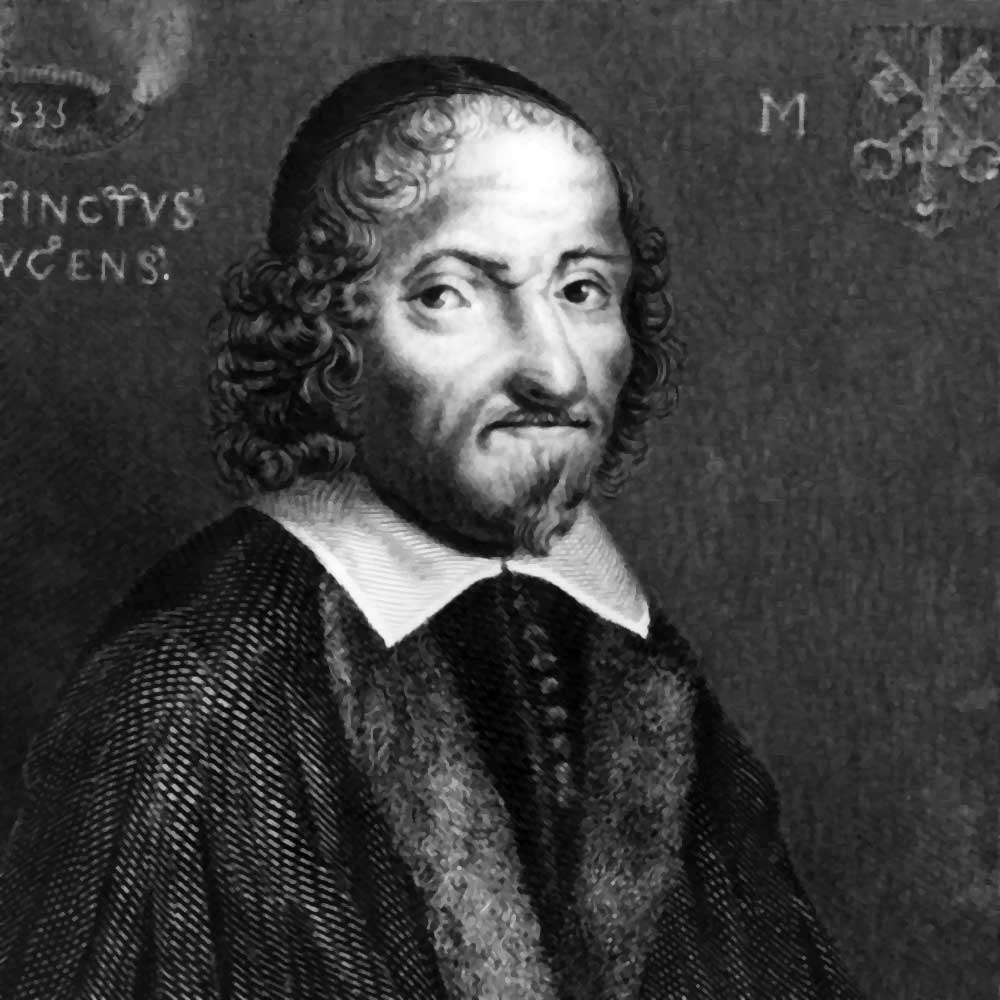
This year, Protestants around the world celebrate the 500th anniversary of the Reformation. On Truth for Today, we have already looked back on the influence of John Wycliffe, “The Morning Star” of the Reformation (click here) and John Huss (click here) Now we look at another courageous man of faith who led the charge to rescue the Gospel from man-made traditions.
Do you believe that God can
answer our prayers before we offer them? That’s what Isaiah 65:24 says, “Before
they pray I will answer; while they are yet speaking I will hear.”
I believe that’s what
happened at the end of William Tyndale’s life. Tyndale put his life at risk
when he decided to translate the Bible into the English language during the
reign of King Henry VIII. The church and government opposed him vehemently, but
he told one clergymen, “If God spare my life, I will cause the boy who driveth
the plow to know more of the Scripture than thou dost.” On October 6, 1536 he
was burned at the stake for his work. His last words were a prayer, “Lord, open
the eyes of the King.”
The Bible translation that
Tyndale had begun when he was arrested in May 1535 only included the New
Testament, the Pentateuch and a few historical books of the Old Testament.
England was still without a complete Bible in the English language. Who would
finish the work? Because he was imprisoned, Tyndale perished without knowing
that the Lord had already answered his prayer—one year earlier, almost to the
very day. God had already raised up a new man to finish the work; his name was Miles
Coverdale.

Coverdale, like many of the
Reformers of his time, was first an Augustinian monk. And like Luther, Coverdale
found a profound emptiness in Catholicism. The turning point for Coverdale came
in 1527 when he started studying the Scriptures earnestly looking for the
answers to salvation. Not long after his conversion, he soon understood the depths
of corruption in the Church. Coverdale wrote, “Upon study of the Scripture I perceived
that the reformation of the church must be effected by the Word of God. For wherever
the Scripture is known it reformeth all things. And Why? Because it is given by
the inspiration of God.”
Using Tyndale's work as
his starting point, Coverdale stepped in and filled in the gaps with his own translations
based on the Vulgate (the Latin Bible of the Middle Ages) and Luther's German
Bible. He worked quickly to piece together a complete English Bible, which was
published on October 4, 1535 in Zurich, Switzerland. Coverdale wisely dedicated
it to King Henry VIII, who being flattered, allowed it to become the first
English rendering of Scripture to circulate without government hindrance—thus answering
Tyndale’s prayer a year in advance.
Without men like Wycliffe,
Tyndale and Coverdale willing to sacrifice and risk everything, the English
Bible may have never happened or at least been delayed by many years. Next time
you open your Bible consider the blood, sweat and tears it cost a few so that
you could have access to God’s Word.
Tyndale and Coverdale’s
story also highlights an interesting dynamic in the Church—you may be plowing
up the hard ground, so that someone else can plant and harvest. What you start
for the Lord may be handed off for another servant to finish. We also see this
pattern in Scripture: Joshua finished what Moses started by leading the
Israelites into the Promised Land, Elijah passed on his prophetic mantle to
Elisha, John the Baptist prepared the way for Jesus, and Jesus invested in the
disciples so that they could spread the Gospel over the globe. As Paul wrote to
Timothy, “what you have heard from me in the presence of many witnesses entrust
to faithful men, who will be able to teach others also” (2 Tim. 2:2). -DM
Sources
1)
Robert J. Morgan,
On This Day (Nashville, TN: Thomas Nelson,
1997), October 4.
2)
<http://www.christianity.com/church/church-history/timeline/1501-1600/coverdale-finished-english-language-bible-11629958.html>
No comments:
Post a Comment